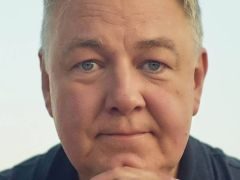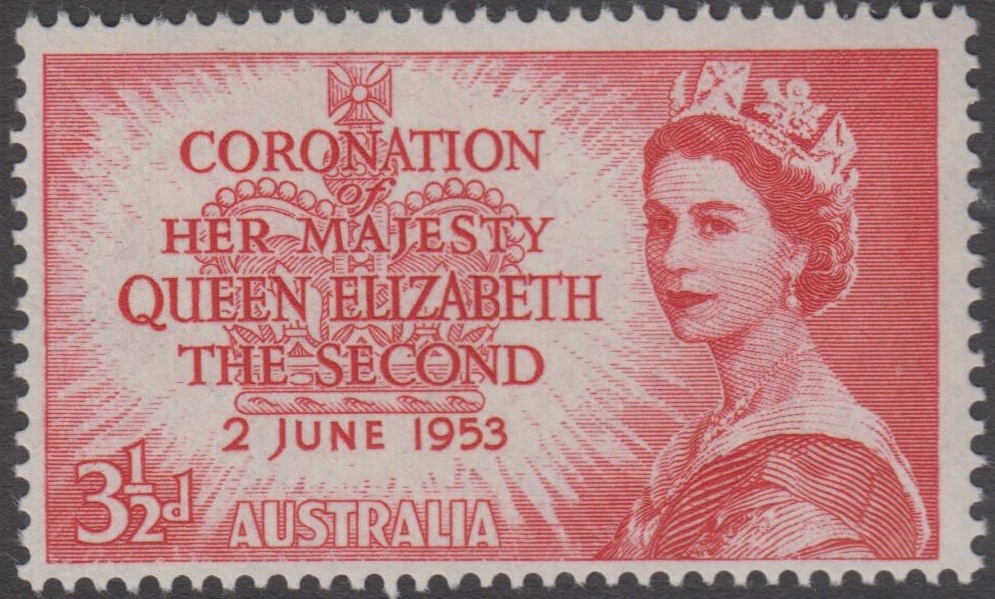I have been thinking a lot recently about identity and belonging – two distinct but overlapping concepts.
We are social animals. Evolution has wired deep into our DNA a sense that our survival depends on being part of a group – a tribe, family, nation, culture. Non Western cultures emphasise belonging more than individual identity. Māori writer Owen Eastwood describes the way this is expressed in his culture as whakapapa (pronounced far-ka-pa-pa). As a child searching for his identity in the years following the death of his Māori father, he received a letter from the office of his Māori tribe with the heading “You belong” and including a detailed genealogy tracing every ancestor back through grandparents, great-grandparents back to Paikea – the whale rider – a mythical ancestor who had come from the spiritual homelands of Hawaiki across the ocean to the islands the Māori now call home. This heritage, he was told, is his whakapapa, and it includes not only the names but the stories of those ancestors. And embedded in those stories are the values which describe what it is to be Māori.
Eastwood writes:
“Each of us are a part of an unbreakable chain of people going back and forward in time. Back to our first ancestor at the beginning of time and into the future to the end of time. Each of us in this chain of people have our arms interlocked with those on either side of us. We are unbreakable. Together, immortal.
“The sun rose in the East and shone on our first ancestor. Here is our genesis story. Just as happens with each passing day, the sun moves slowly down this unbreakable chain of people. Each of us will have our time in the sun. But the sun is always moving, moving towards the West where it will finally settle.
“When the sun shines on us we are alive, we are strong. For we have had passed down to us a culture that immerses us in deep belonging. We feel safe and respected. We share beliefs and a sense of identity with those around us and this anchors us. We share a purpose with them. We share a vision of the future. We fit in here. Rituals and traditions tie us together. The experiences and wisdom of those who walked in the light before our time are passed on to us.
Whakapapa points a finger at us and tells us, ‘You will not be judged by your money or celebrity or sense of self-pride … you will be judged by what you did for the tribe.’”
Belonging, by Owen Eastwood
You will not be judged by your money or celebrity or sense of self-pride … you will be judged by what you did for the tribe.
In Australia the First Nations peoples all have connection to the land, to country, as a foundation of their sense of belonging. This is not a superficial affection or appreciation of the beauty of nature, but grounded in a deep sense of the interdependence of each species, season and land-form within the web of life – including the human animal. They belong to the land and are a part of the land as much as a river, a tree, a rock or a kangaroo are part of the land. The late Uncle Bob Randall describes Kanyini a Pitjantjatjara word encompassing core teachings of his culture. Kanyini has four pillars: Ngura – belonging to and connection with the land; Walytja – being part of family/kinship; Kurunpa – understandings about spirit/soul; and Tjuukurpa – teachings about right and wrong, how to behave and our responsibilities.
Modern Western culture lacks much of this richness around belonging. Many of us don’t feel connected to, or even know much of our collective or ancestral history. Even fewer (especially in cities) have a deep connection to the land. Instead our culture emphasises the individual aspects of identity – our skills and personality; what work we do; our personal histories, successes and failures. We express our identity through the clothes we wear, the music and art we enjoy, the gender and sexuality labels we identify with, through our hobbies and – especially – the things we buy. The ultimate expression of this is celebrity culture. A celebrity is a “somebody” validated by the attention they get on social media and mainstream media.
If we are not a “somebody” then perhaps we are “nobody” and that would be unbearable!
But I suspect that individual identity is not enough to fill the void left by a loss of collective belonging. The constant pressure to “be somebody” takes a lot of energy and generates a lot of anxiety. If we are not a “somebody” then perhaps we are “nobody” and that would be unbearable!
When we belong we can relax. If I truly belong then I don’t have to keep trying hard to justify myself – I am part of something bigger than myself just by my being me, not because how I perform and what I do.
I wonder how much this deep yearning to belong (which we are barely conscious of) lies at the root of the lasting appeal of the British monarchy. For people who identify as British, and for some Australians, the monarchy with its rich and long history and symbols represents something akin to whakapapa. For these people it is an important symbol of belonging made all the more potent by the late Queen’s personification of those values (she was Queen from the moment of her father’s death until her own, bound by covenant to the people she served – it was not a job she did on contract or could walk away from when she felt like it).
for those who have been colonised, including Australia’s First Nations peoples, the monarchy is a symbol of colonisation, with all the devastating loss of life, cultures, lands and languages that go with it.
And yet we must also recognise that for those who have been colonised, including Australia’s First Nations peoples, the monarchy is a symbol of colonisation, with all the devastating loss of life, cultures, lands and languages that go with it. For the colonised, the Crown is a symbol of all that has broken the rich belonging, the connection, the kanyini that existed before.
The chasm between these two perspectives has held Australia back from the deep work needed to walk forward towards any kind of shared identity and belonging as indigenous and non-indigenous peoples. The timing of the Queen’s death at a time when government is discussing a referendum to enshrine a First Nations Voice to Parliament may be provident!
I would like to see Australia shift away from having the British monarch as head of state. But to do that will require an active and conscious work to create an alternative sense of deep belonging. The Uluru Statement from the Heart offers exactly what is needed: From the Statement:
“Our Aboriginal and Torres Strait Islander tribes were the first sovereign Nations of the Australian continent and its adjacent islands, and possessed it under our own laws and customs. This our ancestors did, according to the reckoning of our culture, from the Creation, according to the common law from ‘time immemorial’, and according to science more than 60,000 years ago.
“This sovereignty is a spiritual notion: the ancestral tie between the land, or ‘mother nature’, and the Aboriginal and Torres Strait Islander peoples who were born therefrom, remain attached thereto, and must one day return thither to be united with our ancestors. This link is the basis of the ownership of the soil, or better, of sovereignty. It has never been ceded or extinguished, and co-exists with the sovereignty of the Crown.
“How could it be otherwise? That peoples possessed a land for sixty millennia and this sacred link disappears from world history in merely the last two hundred years?
“With substantive constitutional change and structural reform, we believe this ancient sovereignty can shine through as a fuller expression of Australia’s nationhood.”
The Uluru Statement from the Heart
This is an extraordinary gift being offered to the people of Australia. The Uluru Statement goes on to talk about the processes needed to get there – the establishment of a First Nations Voice to Parliament enshrined in the constitution, and a Makarrata Commission (an indigenous word meaning the coming together after a struggle) to supervise a process of agreement-making between governments and First Nations, and truth-telling about our history, including the painful and shameful history that has been too long swept under the carpet.
It won’t be easy, but the rewards are great. Any group of people with a real and shared sense of belonging together are a force to be reckoned with. I love this country, but we can, and should be so much more.





